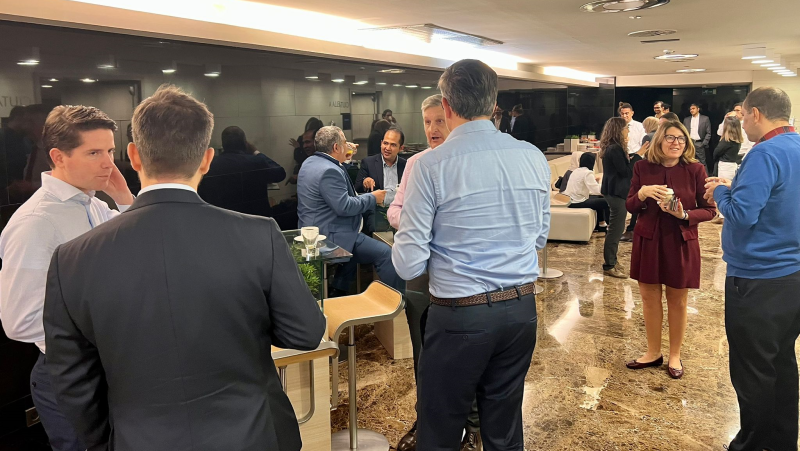Methanol is at the center of transformation in global energy and chemical markets. As both a crucial chemical building block and an emerging low-carbon fuel, methanol is redefining its role in the industry—shaping the future of mobility, sustainability, and feedstock flexibility.
The World Methanol Conference brings together industry leaders, market analysts, and policymakers to explore the full spectrum of methanol’s applications. From its established role in traditional petrochemicals and fuel markets to its rapidly expanding potential as a marine fuel, Sustainable Aviation Fuel (SAF), and a key player in the energy transition, this event delivers critical insights into the evolving methanol landscape.
Join us in Portugal to gain unparalleled market intelligence and connect with your current and future business partners to shape the future of the global methanol industry at our European methanol summit.
Key subjects to be covered at this chemical conference include:
General Manager of the Renewables Division Axpo Solutions AG
Read BioGeneral Manager, Carbon Neutral Project Department Mitsubishi Gas Chemical Company, Inc.
Read BioGlobal Marketing Director Valenz AG
Read BioBusiness Development Manager Capwatt, SGPS, S.A
Read BioChief Engineer, Engineering and Technology Unit Toyo Engineering Corporation
Read BioBusiness Manager Energy Transition Port of Rotterdam
Read BioResearch Scientist Canadian Nuclear Laboratories (CNL)
Read BioHead of New Business Development BASF
Read BioCommercial Director Methanol Reformer
Read BioDirector of the Environmental Sustainability and Energy Transition Department Port of Barcelona
Read BioPrincipal Engineer at Entr Aker Solutions
Read BioHead of Solution Development Power-to-X bei Siemens Energy
Read BioGain exclusive insights while connecting with the methanol industry’s leading experts – learn more about our lineup of dynamic speakers at this premier chemical conference.
Agenda-At-A-Glance
Tuesday, 14 October:
Workshop: Global Methanol Fundamentals
Wednesday, 15 October:
Conference Day 1
Thursday, 16 October:
Conference Day 2

Meet and Connect with Methanol Industry Leaders, Customers and Prospects!
Forge meaningful relationships with top experts, innovators, and decision-makers at the World Methanol Conference. Explore opportunities to partner with future collaborators, source key suppliers, and engage with prospective customers in this dynamic networking environment.